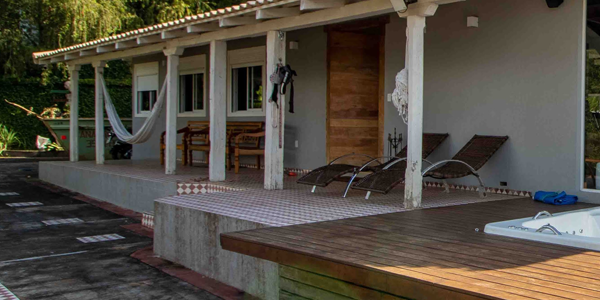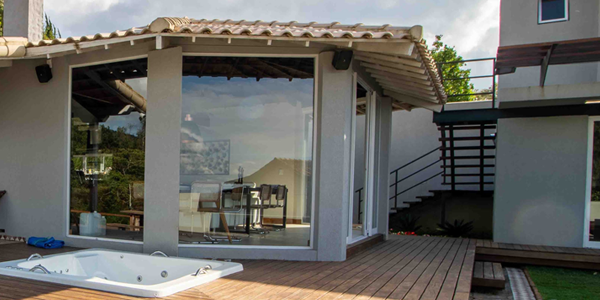Moving to Costa Rica is an exciting time and the country is very welcoming to foreigners.
Expats can apply for residency in Costa Rica: either as a fixed annuity (rentista), investor (inversionista), retiree (pensionado).
We recently discussed digital nomads living in CR, and for them to obtain temporary residency per the recently approved law, and this month we will talk about some of the more common questions that more permanent expats have.

What are the basics of purchasing a property or a home?
A. Perform due diligence (legal and technical searches)
i. Before any purchase, due diligence may be performed by the Buyers’ attorney, along with a surveyor, checking that all the property’s paperwork is in order and ensuring that there are no outstanding charges or taxes and no encumbrances or liens on the property.
B. Pay taxes
i. Real Estate tax and garbage collection fee
Property taxes are 0.25% of the purchase price or registered value, whichever is greater; they can be paid a year in advance or quarterly to the Municipality where the property is registered. The garbage collection fee is USD 200 per year. The due date for the 1st quarter: March 31 of each year.
ii. Home Luxury tax
The Home Luxury Tax only applies to houses, condos, or apartments over a specific construction value (₡133.000.000,00 colones in 2021, USD$ 240K – this amount is adjusted yearly). The due date is January 15 of each year.

iii. Annual Corporate tax
There will be a fixed fee for inactive corporations and a progressive rate for active corporations depending on their gross income. The amounts range from USD $120 – for inactive corporations – up to USD $380 for active corporations (the amounts are adjusted each year). This tax is due annually on January 31.
iv. Capital Gains tax
There are numerous important factors to how CG tax works in Costa Rica. Please consult with your attorney.
C. Form a corporation for the purchase
i. Costa Rican corporations (either a SA or an SRL) duly registered at the National Registry are considered «domiciled» in Costa Rica as long as their legal domicile ‘domicilio social’ or place of business’ domicilio fiscal’ is within Costa Rica. Corporations offer the advantages of liability protection, flexibility, and greater ease in handling estate/probate matters.

NOTE: Just like in countries of origin, purchasing property or a home is a complex process and should not be undertaken without consulting an attorney in addition to working with a Real Estate agent. The above items are only meant to be a quick basic overview. To know more about this, please go to our blog
We are at your service to answer any questions at info@gmattorneyscr.com
